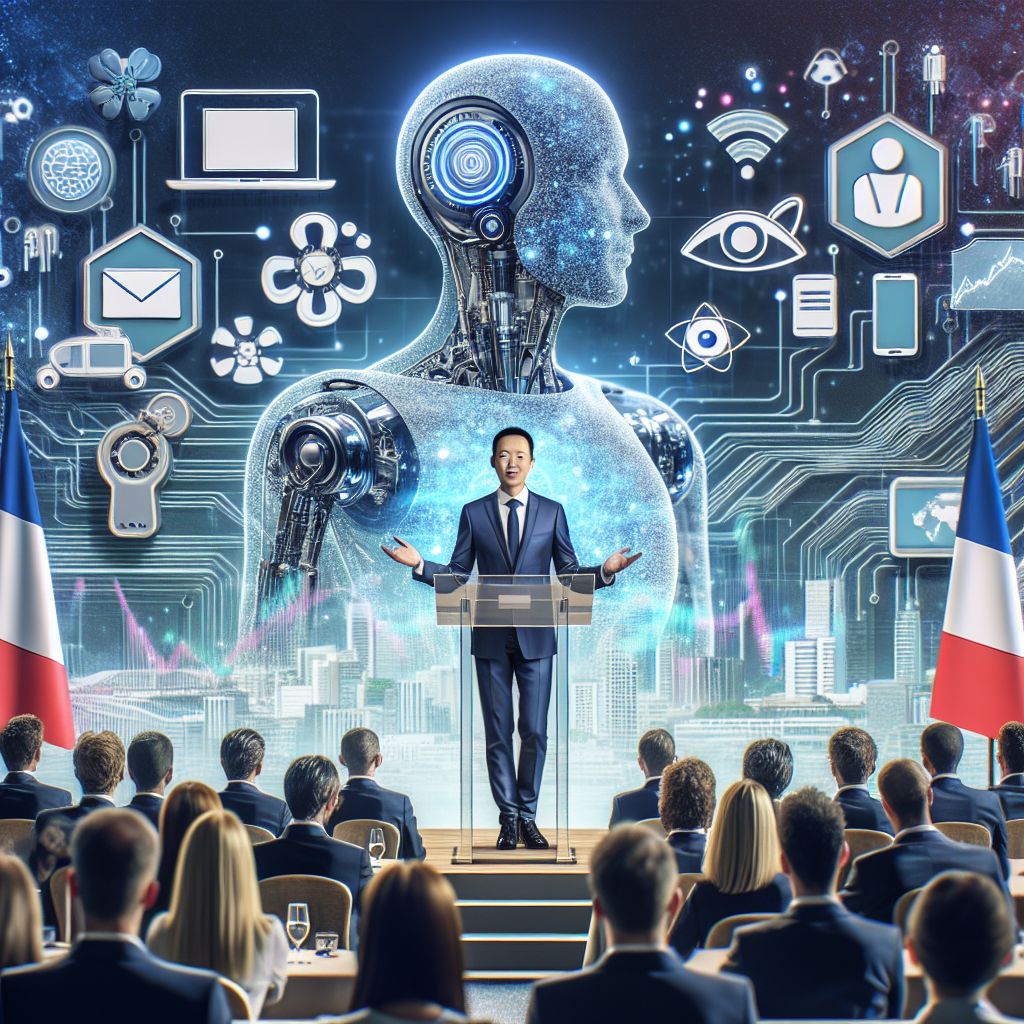Google’s CEO Addresses AI’s Future at Prestigious French Tech Summit
In a landmark appearance at a prominent French technology summit, Google and Alphabet CEO Sundar Pichai delivered a compelling discourse on the transformative potential of artificial intelligence (AI) and its far-reaching implications for society, business, and technological innovation. The summit, which brought together global tech leaders and policymakers, served as a crucial platform for discussing AI’s role in shaping our collective future.
The Current State of AI Technology
Pichai began by addressing the current state of AI technology, emphasizing how recent advancements have accelerated beyond previous expectations. He highlighted Google’s significant contributions to the field, including breakthrough developments in:
- Large language models and their applications
- Machine learning algorithms for complex problem-solving
- AI-powered solutions for healthcare and scientific research
- Environmental sustainability through AI optimization
Transformative Impact Across Industries
During his presentation, Pichai elaborated on how AI is revolutionizing various sectors:
Healthcare and Medicine
The Google CEO highlighted how AI is transforming medical diagnosis, drug discovery, and patient care. He shared specific examples of how Google’s AI tools are:
- Accelerating medical research through complex data analysis
- Improving diagnostic accuracy through machine learning
- Enhancing personalized medicine approaches
- Streamlining healthcare administrative processes
Education and Learning
Pichai emphasized AI’s potential to revolutionize education by:
- Providing personalized learning experiences
- Creating adaptive educational content
- Enabling more accessible education globally
- Supporting teachers with administrative tasks
Responsible AI Development
A significant portion of Pichai’s address focused on the importance of responsible AI development. He outlined Google’s commitment to:
- Ethical AI principles and guidelines
- Transparency in AI systems
- Privacy protection and data security
- Inclusive AI development practices
Global Collaboration and Innovation
The summit provided an opportunity for Pichai to discuss the importance of international cooperation in AI development. He emphasized several key points:
- The need for global standards and regulations
- Cross-border research collaboration
- Shared responsibility in addressing AI challenges
- Economic opportunities through AI innovation
Economic Impact and Job Market Evolution
Addressing concerns about AI’s impact on employment, Pichai discussed:
- New job opportunities created by AI technology
- Skills needed for the AI-driven economy
- Google’s initiatives for workforce development
- Training and reskilling programs
Challenges and Solutions
The Google CEO acknowledged several challenges facing AI development:
Technical Challenges
- Improving AI accuracy and reliability
- Reducing computational resource requirements
- Enhancing AI model efficiency
- Addressing bias in AI systems
Societal Challenges
- Ensuring equitable access to AI technology
- Protecting privacy and security
- Managing societal impact
- Maintaining human oversight
Future Prospects and Vision
Looking ahead, Pichai shared his vision for AI’s future:
- Integration of AI in everyday life
- Breakthrough applications in scientific research
- Solutions for global challenges
- Enhanced human-AI collaboration
Google’s Commitments and Initiatives
The CEO outlined Google’s future commitments:
- Continued investment in AI research
- Support for AI education and training
- Collaboration with global partners
- Development of AI safety measures
Practical Implications for Businesses and Individuals
Pichai provided insights into how organizations and individuals can prepare for an AI-driven future:
- Developing AI literacy and skills
- Implementing AI solutions responsibly
- Adapting business models for AI integration
- Fostering innovation and creativity
Conclusion
Sundar Pichai’s address at the French summit reinforced Google’s position as a leader in AI development while emphasizing the importance of responsible innovation and global collaboration. His insights highlighted the transformative potential of AI technology and the need for careful consideration of its implementation across various sectors.
The discussion underscored the critical balance between technological advancement and ethical considerations, setting the stage for continued dialogue about AI’s role in shaping our future. As we move forward, the principles and commitments outlined by Pichai will likely serve as important guideposts for the global tech community’s approach to AI development and implementation.

